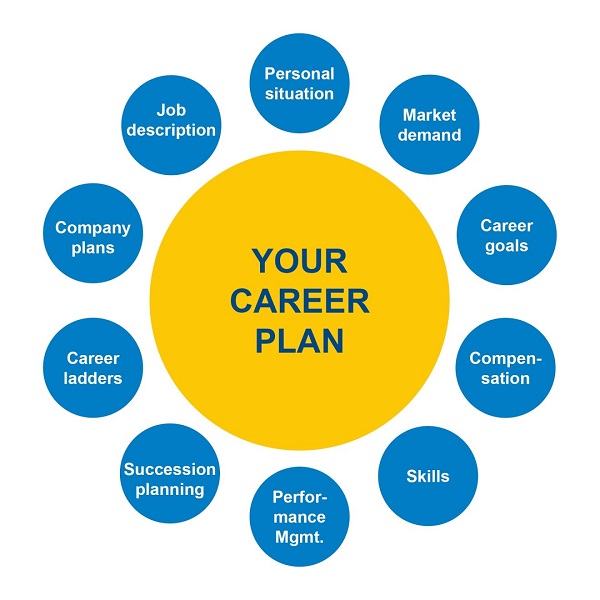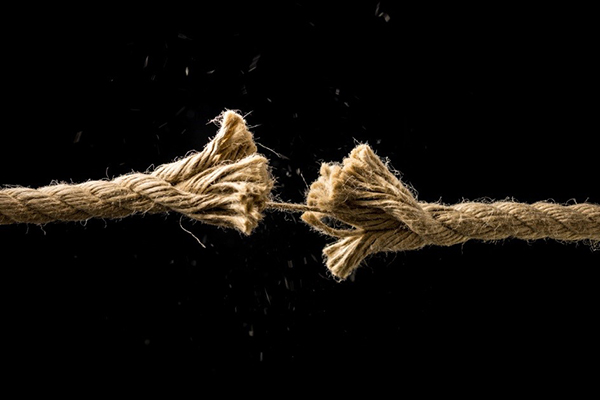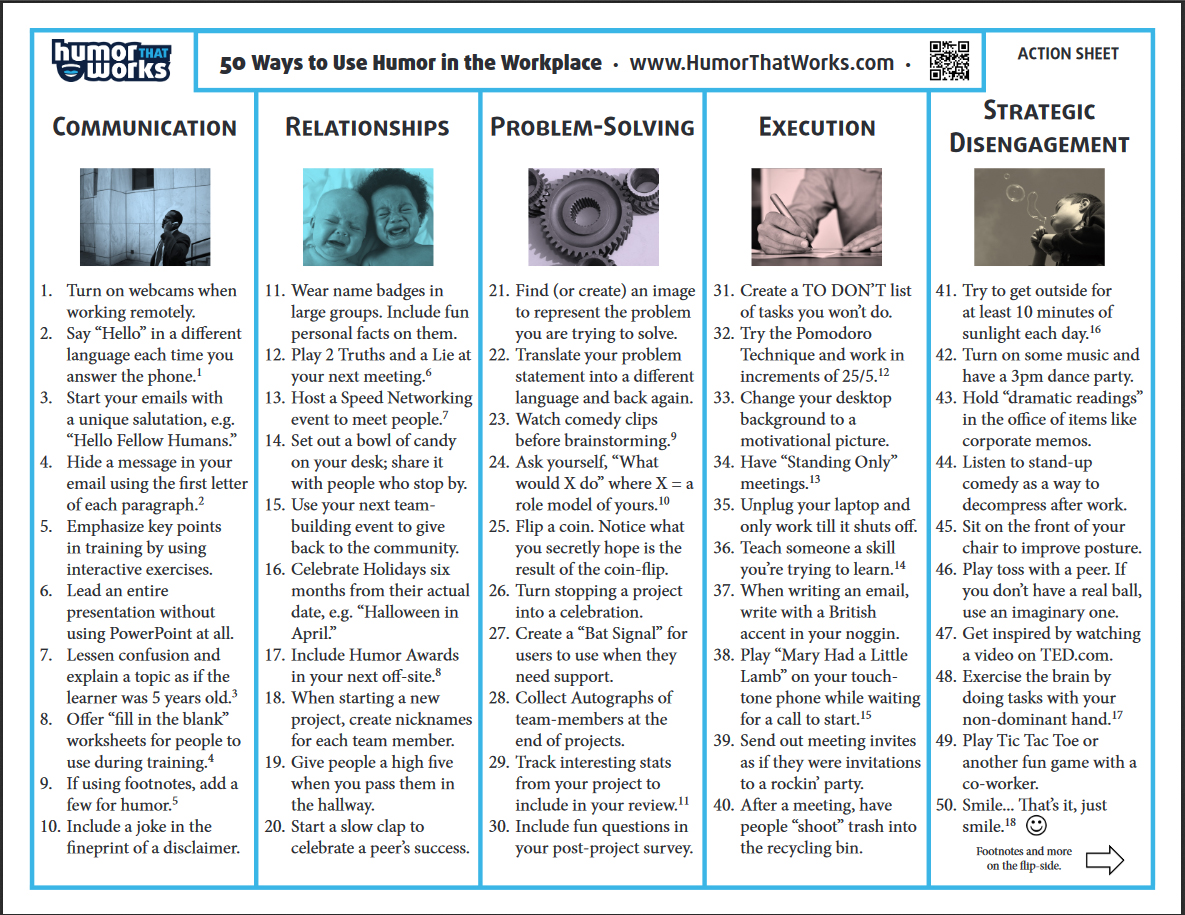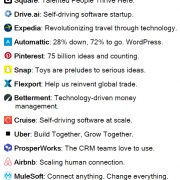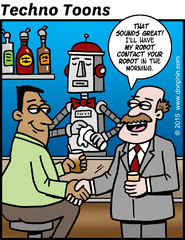Can You Be Free Having a Job?
Jim Altucher is one of my favorite writers. In a recent blogpost, he did his usual spiel about ditching your job so you can free yourself. Challenge is most executives I know have a job and aren’t ready to leave it.
Can you be free having a job? is the question he challenges us with.
I wouldn’t know. I have had a boss for only four years out of a forty-year career. But I know this: I’ve seen executives “free” in their work and it’s a beautiful sight!
Here’s what Altucher’s says about the Zones we can find ourselves in:
- “There’s the COUCH ZONE (“I like to eat popcorn all day and sleep”)
- There’s the SAFETY ZONE (“I’m going to work my steady job, hope I don’t get fired, and retire and try to enjoy the remaining years of my life”).
- There’s the COMFORT ZONE (“I have to make a paycheck and own a house but I’m not going to go off on my own. Too much risk.”)
- There’s the DISCOMFORT ZONE (“I’m going to make a new friend every day.”)
- There’s the DANGER ZONE (“I’m quitting my job and exploring my dreams! I have no idea what I will do tomorrow but I can’t take another day of this”)
- Then there’s the “FREE ZONE”, (“I’m going to keep experimenting and ultimately scale the things that work.”)
All the zones are fine.
Sometimes I’m in the couch zone. I don’t mind. It’s ok to sleep on the couch. But I try to spend as much time as I can in the free zone.
The civilians are stuck in the comfort zone. This is ok also. But they might not see all the things that are happening around them that makethe Free Zone so beautiful.
The Secret Agents in our society use creativity to track down where the Free Zone is. This is where I want to be.”
So, what he’s saying is this: if we can use creativity in our work we can be free. The mistake I see employees making is thinking it’s an either-or proposition. I can be free on my own or have the security of a job.
It doesn’t have to be thought of in those terms. Here’s how it should be viewed.
We can decide to bring creativity to our ourselves first. Altucher gives good examples of how to do that. An hour playing with your own creativity is far more interesting than anything you can watch on your TV or mobile device.
Until my late 30’s, I didn’t feel very creative. I had a litigation practice and hadto play within a strict set of rules. When I left litigation, I purposely sought out programs on Creativity. De Bono’s Six Hats, Whack Upside the Head, I read books for artists and musicians on their creativity. And then I began experimenting. First with clients and then with online programs. And I eventually got results. And so will you.
Orville Wright didn’t need a pilot’s license to fly the first plane and you don’t need a creativity license to begin.
As Covey said, begin with your circle of influence. You first, then engage your team, then the dept. and so on. One solid step at a time. With enthusiasm.
Altucher is talking about freeing your mind. And your soul. Everyone has the ability to that in their job. It’s a choice. Creativity is fun, and it stretches you. Keeps you alive and anti-fragile. And, it’s the ultimate form of job security too.
Here’s a link to a Creativity Checklist I put together.
Here’s to working in the Free Zone, Don


